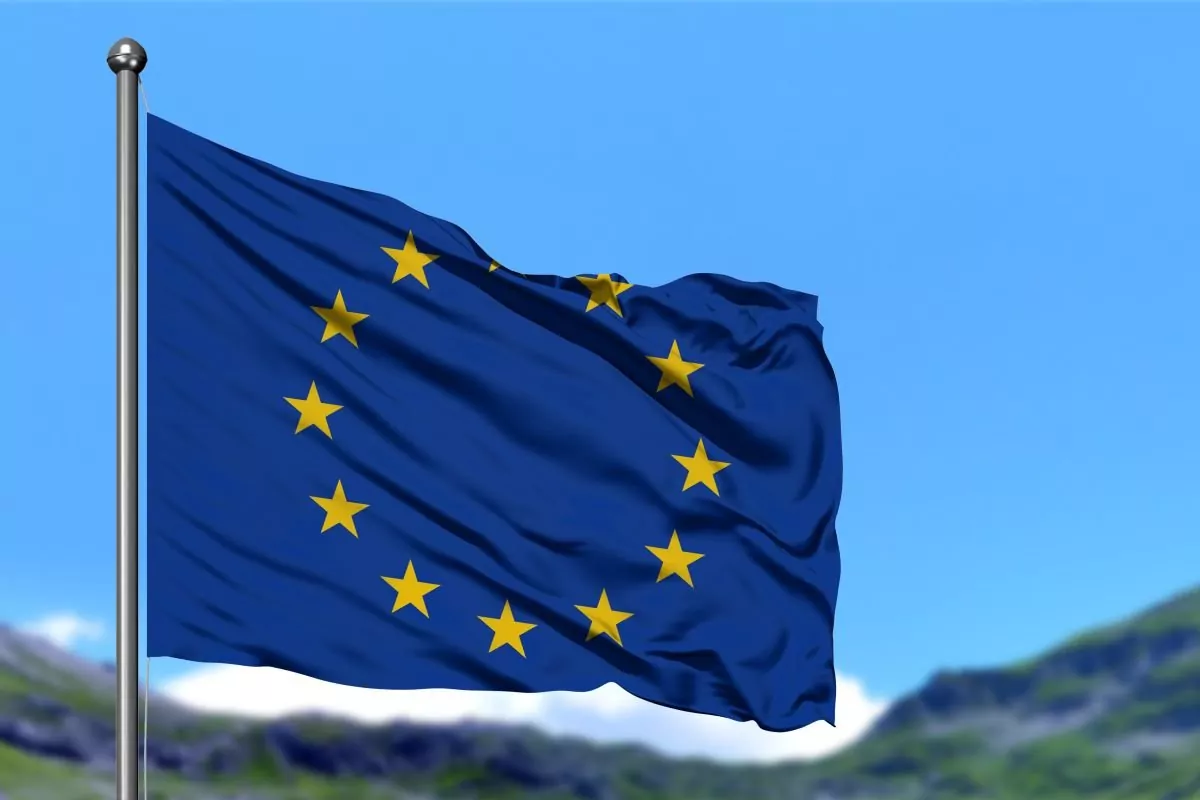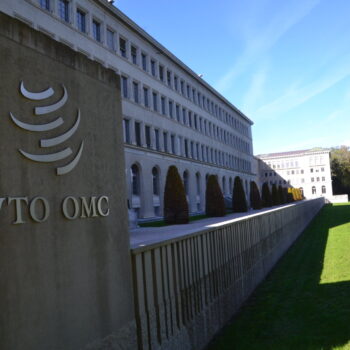The need to “build back better” from the current COVID-19 crisis is widely recognised. In the European Union (EU), the novel 672.5 billion euros Recovery and Resilience Facility (RRF) provides direct funding for national recovery plans prepared by member states. European leaders agreed in July that these plans must be aligned with the green transition. But are the recovery measures proposed by member states living up to these ambitions? The “Green Recovery Tracker,” a joint project by the Wuppertal Institute and E3G in close collaboration with national experts, is analysing national recovery measures to answer this. The first results will be presented in a high-level launch event today.
Berlin/Wuppertal, 17 March 2021: So far, the “Green Recovery Tracker” examines nine EU national recovery plans including France, Germany, Spain, Portugal, Bulgaria, Latvia, Poland, Slovakia and Slovenia. More analyses will be added over the coming weeks when more plans become publically accessible.
The first findings suggest the EU is tentatively on track for a green recovery with roughly 133 billion euros committed to supporting the green transition.
“We are encouraged to see EU member states seizing the opportunity to introduce much-needed investments in a better recovery,” says Johanna Lehne, Senior Policy Advisor, E3G. “The plans we’ve seen so far amount to more than just fiscal stimulus with investments in renewables, energy efficiency and industry transition.” Examples include: Poland using recovery funds to scale up its offshore wind industry; Spain planning to invest heavily in a more inclusive energy transition and accelerating its renewable energy targets; and Bulgaria supporting energy efficiency and renewable heating measures for stand-alone houses not connected to heat and gas transmission networks.
However, the EU’s green recovery is not yet secured. Many of the plans still lack details on how measures will be implemented and what specific projects will be supported. The data shows that around 76 billion euros, or 21 per cent of the overall planned spending, will go into measures whose climate effect cannot yet be assessed and could be both positive or negative depending on their detailed implementation. Crucial decisions will be made in the coming weeks, as plans are finalised and reviewed by the European institutions.
“It is still to be seen, whether the EU manages to align economic recovery with the long-term goal of climate-neutrality,” says Timon Wehnert, Head Berlin Office and Senior Researcher at the Wuppertal Institute, adding “There are significant risks that measures that look green at first glance may end up supporting fossil fuels or some plans contain clearly harmful measures.” Examples include investments of 3.2 billion euros into much-needed efficiency measures in Poland that may also support gas boilers; investments worth 244 million euros in Bulgaria into gas infrastructure, with the potential of that infrastructure being used for hydrogen currently unclear; and investments of 723 million euros in the road network in Portugal.
Most draft recovery plans available to date have not been accompanied by effective governance mechanisms or reforms. Often, funds are being used to finance previously agreed programmes, rather than to unlock new transformative measures. Furthermore, performance indicators and steps to ensure the alignment of recovery measures with the broader policy framework supporting the climate transition are often missing.
Policy context: National Recovery and Resilience Plans
All EU member states must submit national recovery plans by the end of April in order to access funds through the 672.5 billion euros RRF. EU leaders repeatedly stressed that these recovery measures will have to advance the green transition, and the RRF regulation demands that at least 37 per cent of the funds spent in national recovery plans support climate objectives, with the remainder of the funds doing “no significant harm” to the green transition. The achievement of these criteria will be reviewed by the European Commission after the formal submission of the plans, and scrutinised by the European Parliament.
Official Launch of the “Green Recovery Tracker”
Today, the Green Recovery Tracker will officially launch at the event “Is Europe on Track for a Green Recovery?” at 2 pm. During this event, researchers from the Wuppertal institute and E3G will present the lastest results on the status of the recovery plans of the EU member states. Registration for the Zoom event can be found below. Participation is free of charge.
Further information:
Green Recovery Tracker: www.greenrecoverytracker.org
Event: Is Europe on Track for a Green Recovery? Register here.


